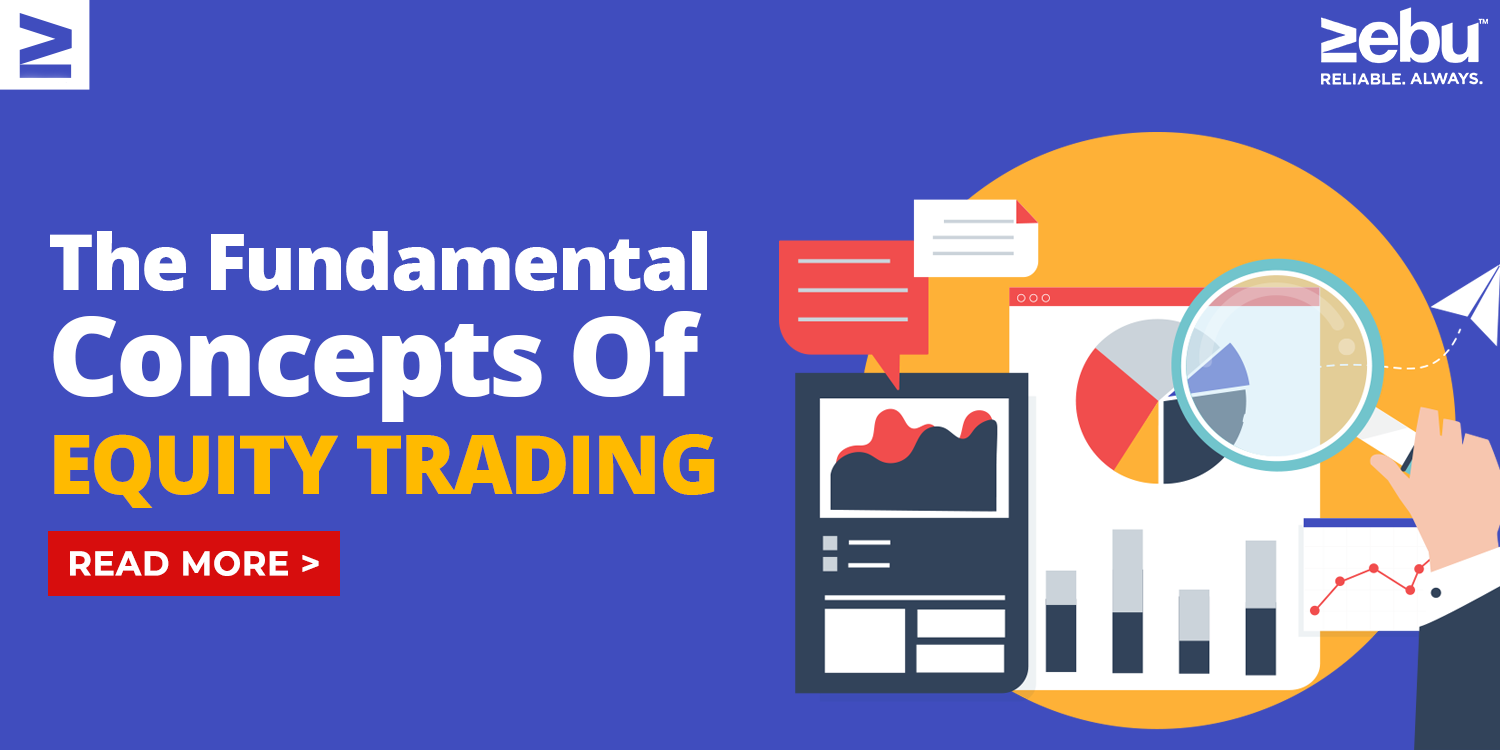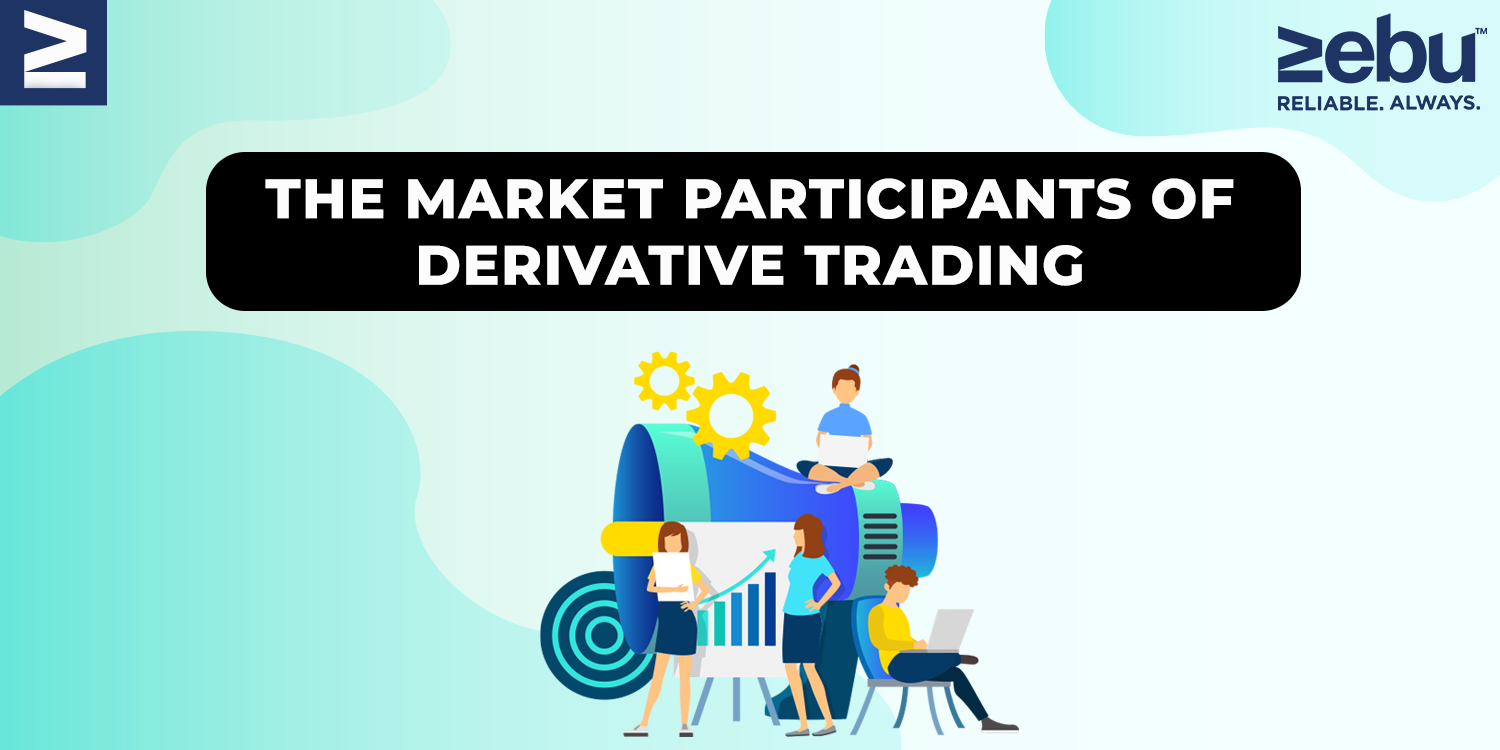
When looking for money, a business needs to think about two main sources. It can raise money through equity, which means selling shares, or through debt, which means borrowing money from lenders through debentures and other debt instruments. In this case, the company gives investors a piece of the company in exchange for their money. There are different kinds of shares, such as preferred shares and equity shares. This article is meant to help you learn more about equity shares, including how they work, what their pros and cons are, and how they can be used.
How do shares work?
Equity shares are a type of long-term financing that businesses that need money can use. Each equity share is a small piece of ownership in the business. People can invest in equity shares, which are also called common stock or common shares.
Investing is riskier than saving, but it can give you higher returns and help you reach your financial goals faster if you do it right. Equity shares are seen as a long-term way for businesses to get money to run their businesses. People who own preference shares can make use of a number of benefits and advantages.
Voting rights: One of the best things about having equity shares is that you can vote for general managers and other company officials and have a say in how the business is run. This is because the way a company runs has a direct effect on the returns it gives to equity shareholders. If you own a large number of equity shares, you also have a large number of voting rights.
Attending meetings: People who own equity shares are allowed to sit in on all annual and/or general body meetings of the company and have a say in how the family business is run through their voting rights.
Dividends: They can also be paid to people who own equity shares. In this area, though, the benefits for people who own common stock are different from those for people who own preferred shares. Dividend payments to equity owners are not set in stone. They can change depending on how well the company does and whether or not certain goals are met. So, people who own equity stocks have a right to dividend payments, even though these payments are not promised. Dividends are set, though, for people who own preference stock.
Equity shares cannot be redeemed, which means that investors will not get their money back as long as the company is in business. When the company goes out of business, equity shareholders will either get this money based on the value of their equity shares at that time, or they can sell their equity shares to get it back.
There are a lot of companies that only give out common stocks, and more common stocks are traded on stock exchanges than preferred stocks. Common investors, on the other hand, have the least chance of getting any of their money back if a company goes bankrupt. Paying back the people who loaned money to the business comes first. If there is still money left over after creditors are paid, it goes to the people who own preferred stocks. There is a limit to how much of this you can get. Common investors only get their money back if there is still money left over.


